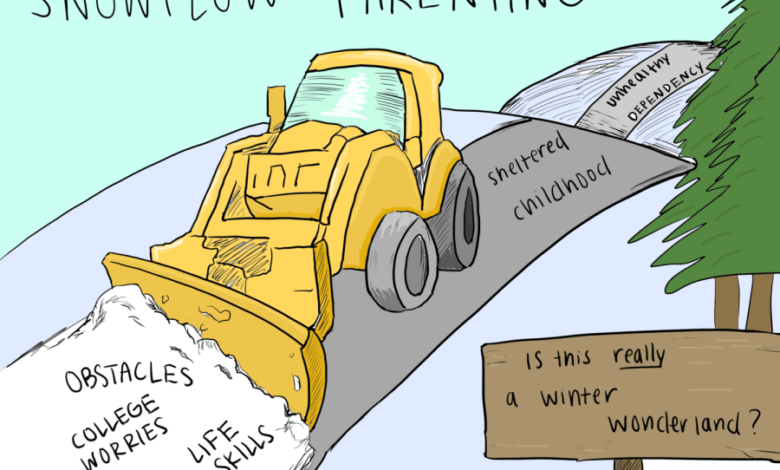What Is Snowplow Parenting and How It Affect Children?

Have you ever been the parent who meticulously paves the way for your child’s success, assiduously removing all obstacles from their path and easing every bump in life? Then you are a snowplow parent.
What is Snowplow Parenting?
Snowplow parenting, also known as lawnmower or bulldozer parents, is excessive participation and intervention in a child’s life. This is because of the manner they mow down or bulldoze anything that stands in their child’s path
Every parent wants the best for their children. To guarantee their success and reduce their frustrations and disappointments, it is only natural to desire to remove obstacles from their path.
Although this parenting approach is motivated by love and concern, it may have unfavorable effects. It can be difficult to see your child struggle or experience disappointment, but it’s important to realize that failure is a natural part of life.
When children aren’t allowed to experience disappointment and failure, they miss out on crucial opportunities to build essential life skills. These abilities include problem-solving, resilience, and the capacity to get back up after failing and discover new paths to achievement.
This approach manifests in different ways, including:
- Finishing a child’s schoolwork to guarantee high scores.
- Influencing how they interact with others to ensure that they have friends.
- Stepping in during disputes to protect them from tension or disappointment.
- They carefully plan their life to avoid clear of any potential hazards.
Consequences of Snowplow Parenting on Children
Below are the consequences of being a snowplow parent:
- Children may struggle with resilience and coping skills when facing setbacks.
- Dependency on parents can make it hard for them to solve problems and make independent decisions.
3. Delayed development of important life skills can leave them unprepared to face life challenges.
4. Social development may suffer, leading to difficulties with negotiation, compromise, and peer relationships.
5. Unrealistic expectations about life can leave them unready for the challenges of adulthood.
According to Dr. Jensen, many parents engage in these behaviors because they believe that a parent’s role is to make their children happy. However, it is the responsibility of parents to help them grow up to be healthy, happy, and functioning people, which occasionally means they won’t always be happy children. When they have to do their homework or tidy their room, they may not always like you, but they will survive.



